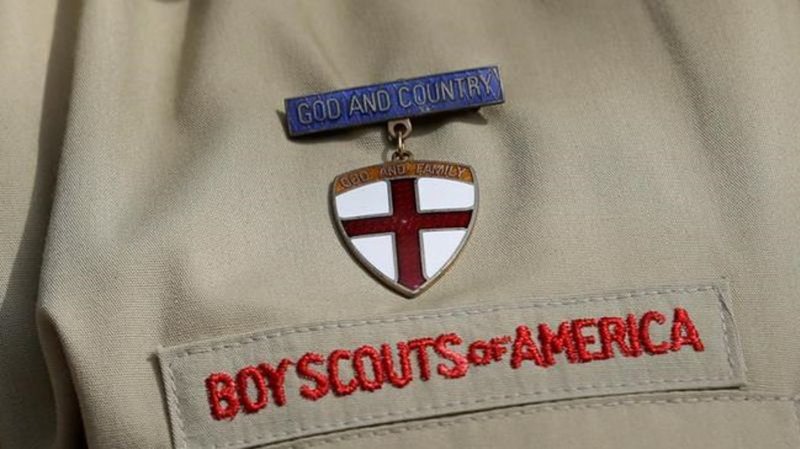
Boy Scouts’ $2.4 billion bankruptcy plan upheld by judge
DOVER, Del. (AP) — A federal district court judge has upheld the approval of a $2.4 billion bankruptcy reorganization plan aimed at resolving tens of thousands of child sexual abuse claim against the Boy Scouts of America.
The ruling docketed Tuesday rejects arguments by non-settling insurance companies and attorneys representing dissenting abuse survivors that the reorganization plan was not proposed in good faith and improperly strips the insurers and survivors of their rights.
The ruling follows a September decision in which U.S. Bankruptcy Judge Laurie Selber Silverstein approved the plan. The plan would allow the Irving, Texas-based Boy Scouts of America to continue operating while compensating tens of thousands of men who say they were sexually abused as children while involved in Scouting.
More than 80,000 men have filed claims saying they were abused as children by troop leaders around the country. Plan opponents say the staggering number of claims, when combined with other factors, suggests that the bankruptcy process was manipulated.
